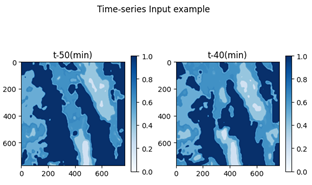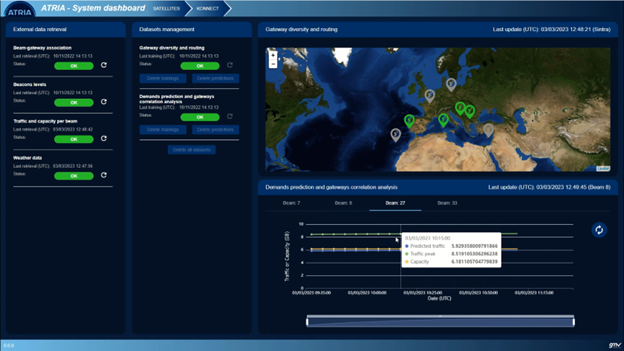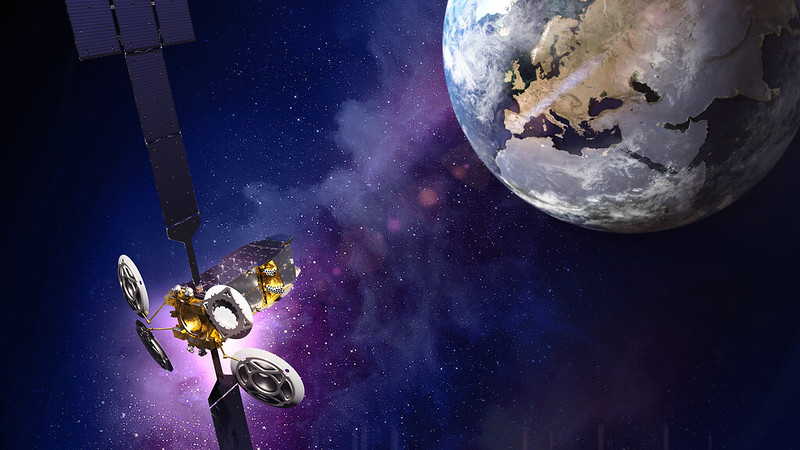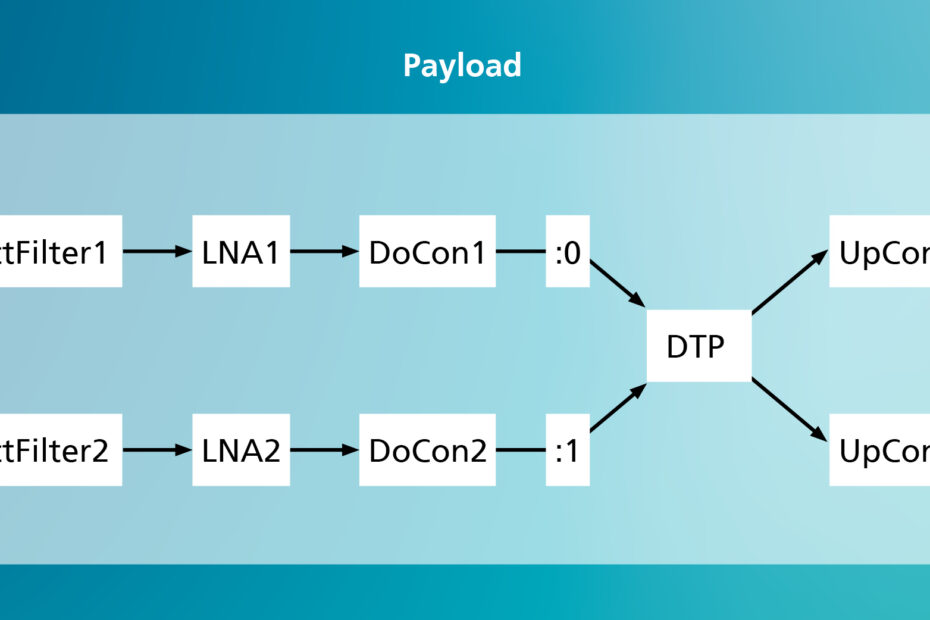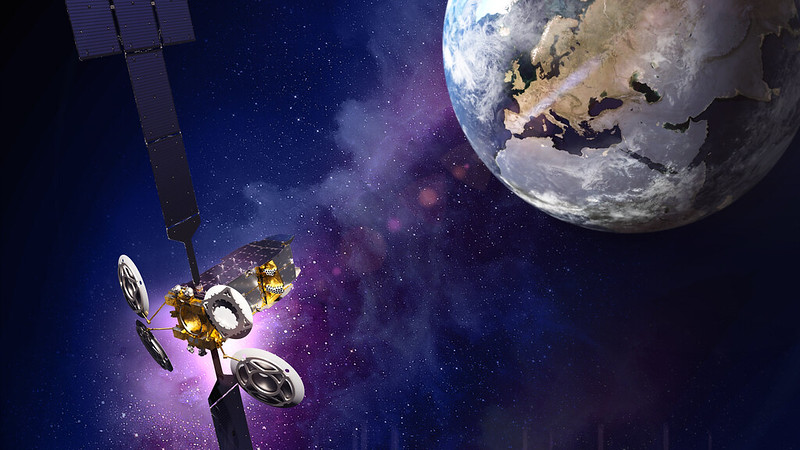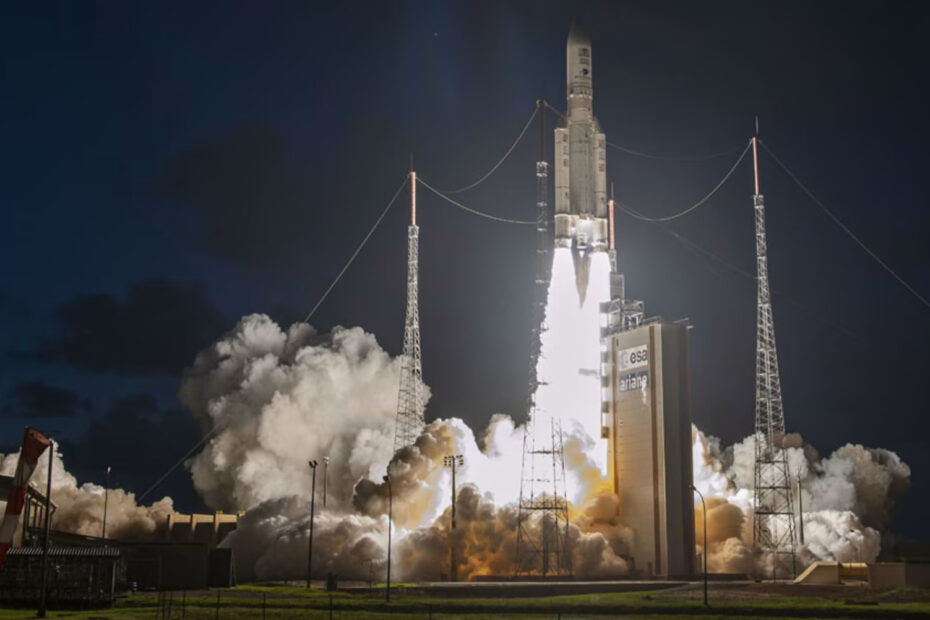AI Advancements in SATCOMS: Nowcasting Rainfall and Predicting Traffic Congestion
In phase 1 of the project, two different use cases were tackled by the partners responsible for AI development, AIKO and CTTC. AIKO provided a model for each of them, trying to build effective solutions for telecommunication operators on the specific matters of signal attenuation and traffic congestion. Use case 1: prediction of rainfall on gateways locations For this use case, AIKO aimed to develop… Read More »AI Advancements in SATCOMS: Nowcasting Rainfall and Predicting Traffic Congestion
